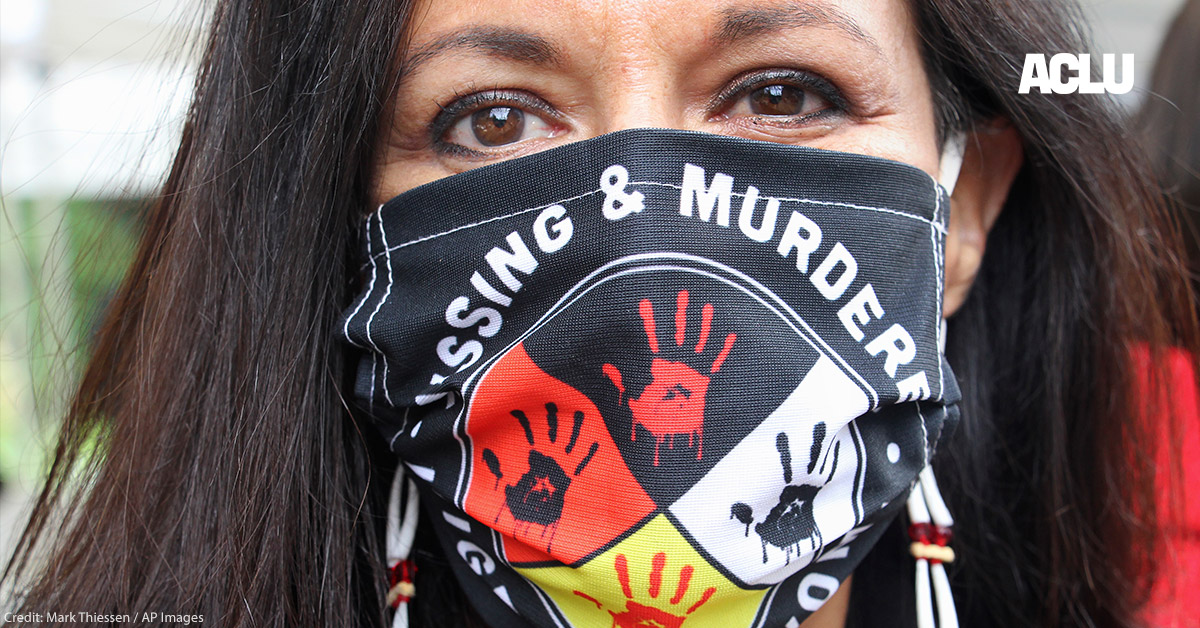
Last month, a 47-year-old Black woman named Ternell Brown filed a complaint against the Baton Rouge Police Department in Louisiana for hauling her to a warehouse and subjecting her to a sexually abusive search after a traffic stop. This is the same police department that in 2016 fatally shot Alton Sterling while he was lying on the ground, leading to uprisings. And now, three Baton Rouge officers have been arrested for allegedly destroying video evidence of excessive force during a strip search.
This is shocking, but not surprising. Sexual abuse, like that alleged by Ms. Brown, is one pernicious form of persistent police violence. And like excessive force, it grows from conditions that condone or fail to curtail police misconduct. To address police sexual abuse, authorities should prevent its occurrence and repair its harms.
The Prevalence of Sexual Violence by Police
Police sexual violence is when officers, on or off duty, commit sexually abusive or degrading acts against others. This may include sexual harassment, sexual assault, invasive and degrading frisks and strip searches, and sexual extortion. Police sexual violence is grossly underreported, but research shows it’s systemic. One study found that, over a 10-year period, a police officer was caught committing sexual abuse or sexualized misconduct at least every five days. Another found that sexual violence was the second most reported form of police misconduct, after excessive force.
The people most targeted by police for sexual violence are from historically marginalized backgrounds, including women of color, LGBTQ+ people, sex workers, and people vulnerable to threats of incarceration. For example, the ACLU and the ACLU of Montana recently filed an amicus brief supporting L.B., a Northern Cheyenne woman who was sexually assaulted by an on-duty federal law enforcement officer after calling for help. The officer coerced L.B. to perform sexual acts by threatening to arrest her and have social services remove her children.
This is not merely a problem of “bad apples.” It’s a problem enabled by power imbalances between officers and community members and a patriarchal culture of secrecy and silence. It commonly arises in police departments where leadership and local authorities ignore and tolerate patterns of abuse. One of us, for example, recently represented a Black man with a substance use disorder who was beaten and repeatedly punched in the groin by officers from the Bronx Narcotics Unit. There were 560 prior lawsuits against this unit, with over 150 for excessive force, including for sexually abusive conduct like strip searches and handcuffing a naked pregnant woman to a bed. The officers involved had previously been defendants in at least 50 lawsuits alleging similar misconduct. None appear to have faced consequences, and they’re still on the job. The Baton Rouge Police Department also has a long record of excessive force and brutality complaints.
How to Rectify and Repair Police Sexual Violence
There’s no simple solution to the problem of police sexual violence. A solid start, though, is acting to rectify the violence and repair its harm.
In this context, “rectify” means establishing systems inside and outside a police department that interrupt and prevent abuse. One example is a system whereby a police department tracks lawsuits and complaints against officers and investigates allegations to determine whether there’s a widespread problem. If their investigation reveals a problem, they take corrective action. Research shows that such proactive interventions can reduce excessive force. Layered over this should be outside, transparent review to ensure proper, timely action is taken. Had Baton Rouge used a system like this, Ms. Brown could have been saved from that horrific ordeal.
Rectify also means preventing recurrence by holding officers accountable and demonstrating governmental commitment to upending norms of abuse. This includes strengthening discipline and civil liability for officers who commit sexual violence. The L.B. case, for example, asks the court to recognize that law enforcement officers act in the scope of their employment — and that the government is therefore liable under the Federal Tort Claims Act — when they weaponize their authority to commit sexual assault. The ACLU and the New York Civil Liberties Union have also supported expanding the power of civilian review boards to investigate police sexual violence.
“Repair” means ensuring the harms from police sexual violence are redressed at an individual and community level. Localities should act swiftly to acknowledge the harm and compensate those injured, without subjecting people with credible claims to painful and often prolonged litigation. Localities should recognize that police violence can ripple through heavily policed neighborhoods, causing widespread trauma and leaving many estranged from law enforcement. Localities should work with those in the impacted community to design safety and accountability measures on their terms. This might include measures like investing in health care or housing for those affected, or investing in alternatives to police like civilian traffic enforcement or mental health responders. And repair must avoid reliance on overly punitive carceral responses that drive unjust racial disparities and only further harm impacted communities.
In this way, localities will not only heal the damage that police violence causes; they will help to build communities that are safer for all.

Comments
Post a Comment